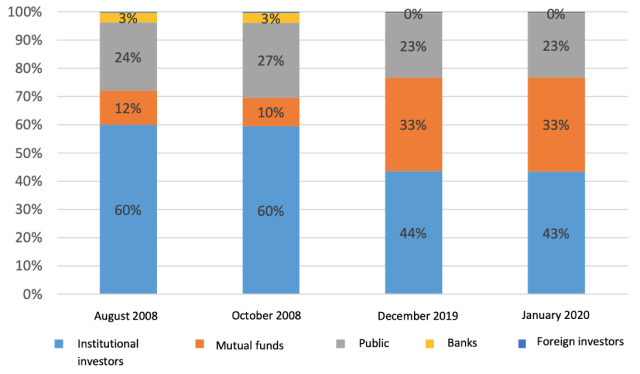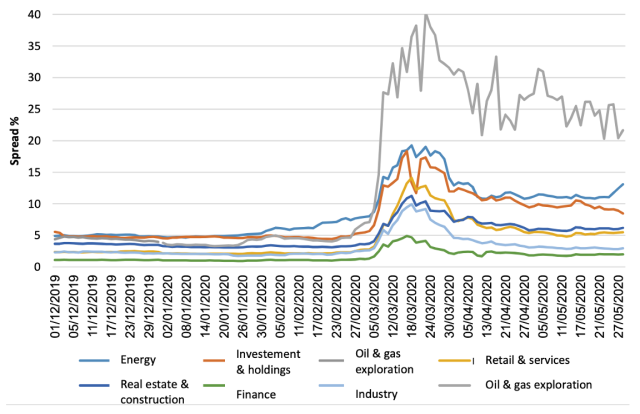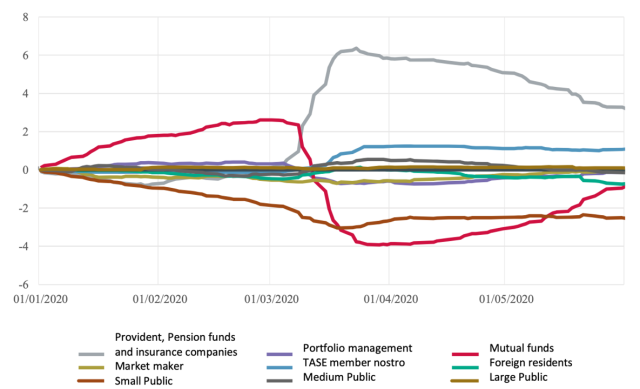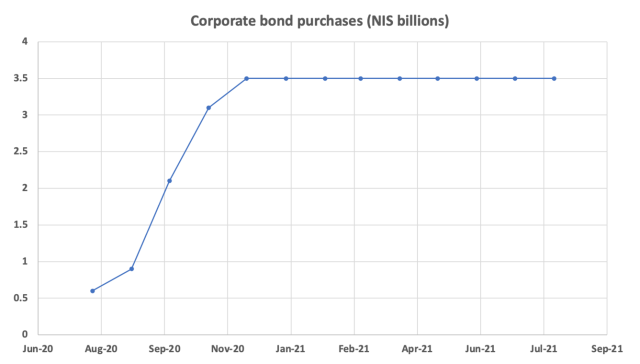Market Support Programs
Israel: Corporate Bond Purchase Program
Purpose
To “ensure the continued orderly functioning of the corporate bond market, and to strengthen the passthrough from monetary policy to the credit market, by reducing the interest rate at which companies issue credit in the capital market, and making additional sources of credit available for all industries” (BoI 2020h).
Key Terms
-
Launch DatesAuthorized: July 6, 2020 Announced: July 6, 2020
-
Operational DateJuly 31, 2020
-
End DateDecember 2021
-
Legal AuthorityBank of Israel Law of 2010, Section 36
-
Source(s) of FundingBoI balance sheet
-
AdministratorBank of Israel Markets Department/Trading Desk
-
Overall SizeNIS 15 billion
-
Eligible Collateral (or Purchased Assets)NIL-issued nonconvertible Israeli corporate bonds rated A- or above
-
Peak UtilizationNIS 3.5 billion (USD 1.1 billion)
Key Design Decisions
Purpose
Part of a Package
Governance
Administration
Communication
Disclosure
SPV Involvement
Program Size
Source(s) of Funding
Eligible Institutions
Auction or Standing Facility
Loan or Purchase
Eligible Collateral or Assets
Loan Amounts (or Purchase Price)
Haircuts
Interest Rate
Fees
Term
Other Conditions
Regulatory Relief
International Cooperation
Duration
Key Program Documents
Taxonomy
Intervention Categories:
- Market Support Programs
Countries and Regions:
- Israel
Crises:
- COVID-19





